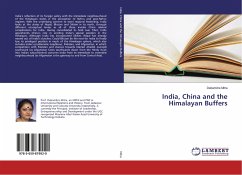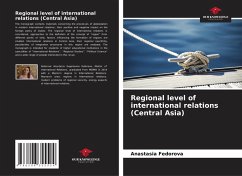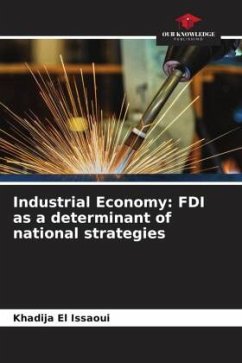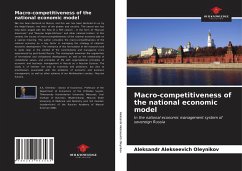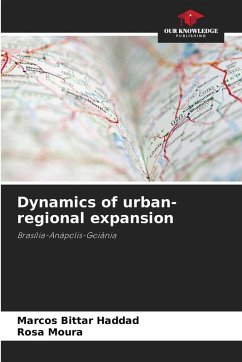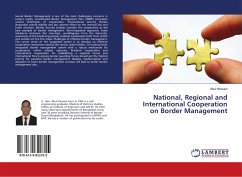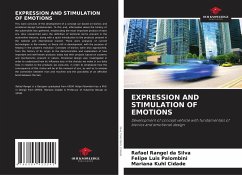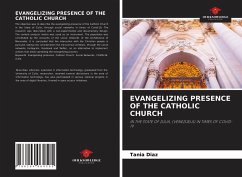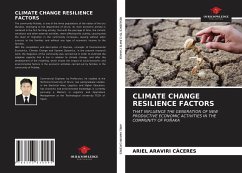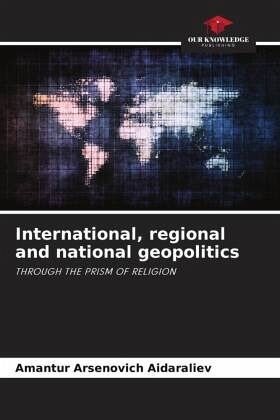
International, regional and national geopolitics
THROUGH THE PRISM OF RELIGION
Versandkostenfrei!
Versandfertig in 6-10 Tagen
25,99 €
inkl. MwSt.

PAYBACK Punkte
13 °P sammeln!
In the second decade of the 21st century, the world acquired qualitatively new characteristics. The processes of globalization and regional integration have intensified, with the main vector of global politics shifting towards Asia. Today the Islamic factor plays a leading role in the world. In so doing, this factor can sometimes be used not only for positive purposes such as the unification of society, justice, and equality, but also for destructive purposes such as causing confusion in the ranks of Muslims and non-Muslims. Behind the negative purposes, of course, are various political player...
In the second decade of the 21st century, the world acquired qualitatively new characteristics. The processes of globalization and regional integration have intensified, with the main vector of global politics shifting towards Asia. Today the Islamic factor plays a leading role in the world. In so doing, this factor can sometimes be used not only for positive purposes such as the unification of society, justice, and equality, but also for destructive purposes such as causing confusion in the ranks of Muslims and non-Muslims. Behind the negative purposes, of course, are various political players represented by countries that have certain interests.This is the subject of this monograph. Here, a comprehensive analysis of the problem of the Islamic factor is carried out. The features of this factor in the political life of the society and its influence on the relations of Muslim countries are determined. The dialectics of the Islamic factor and secular society, the place of Islam in social and cultural life within the framework of national and regional, as well as international geopolitics through the prism of religion are studied.



